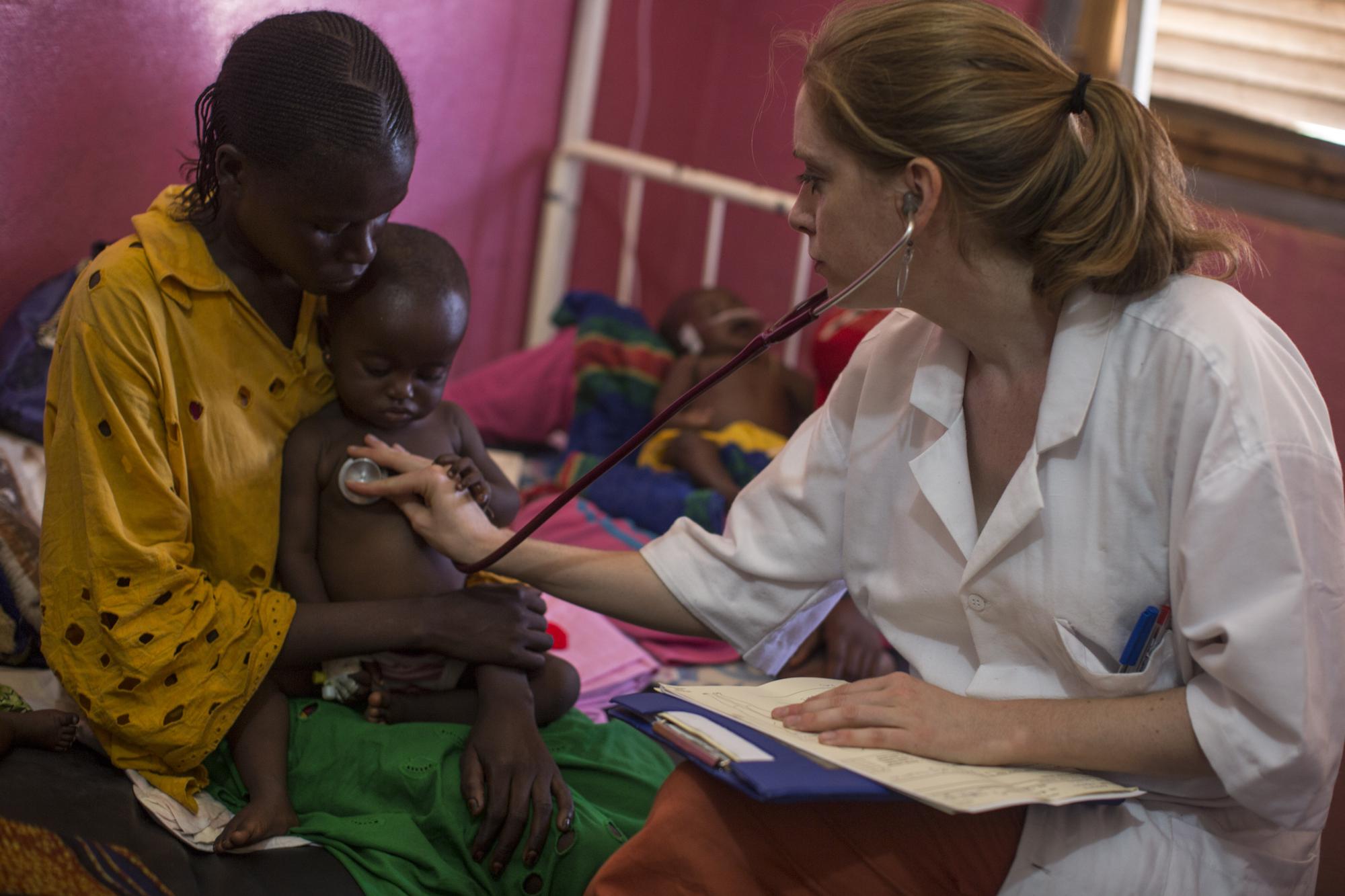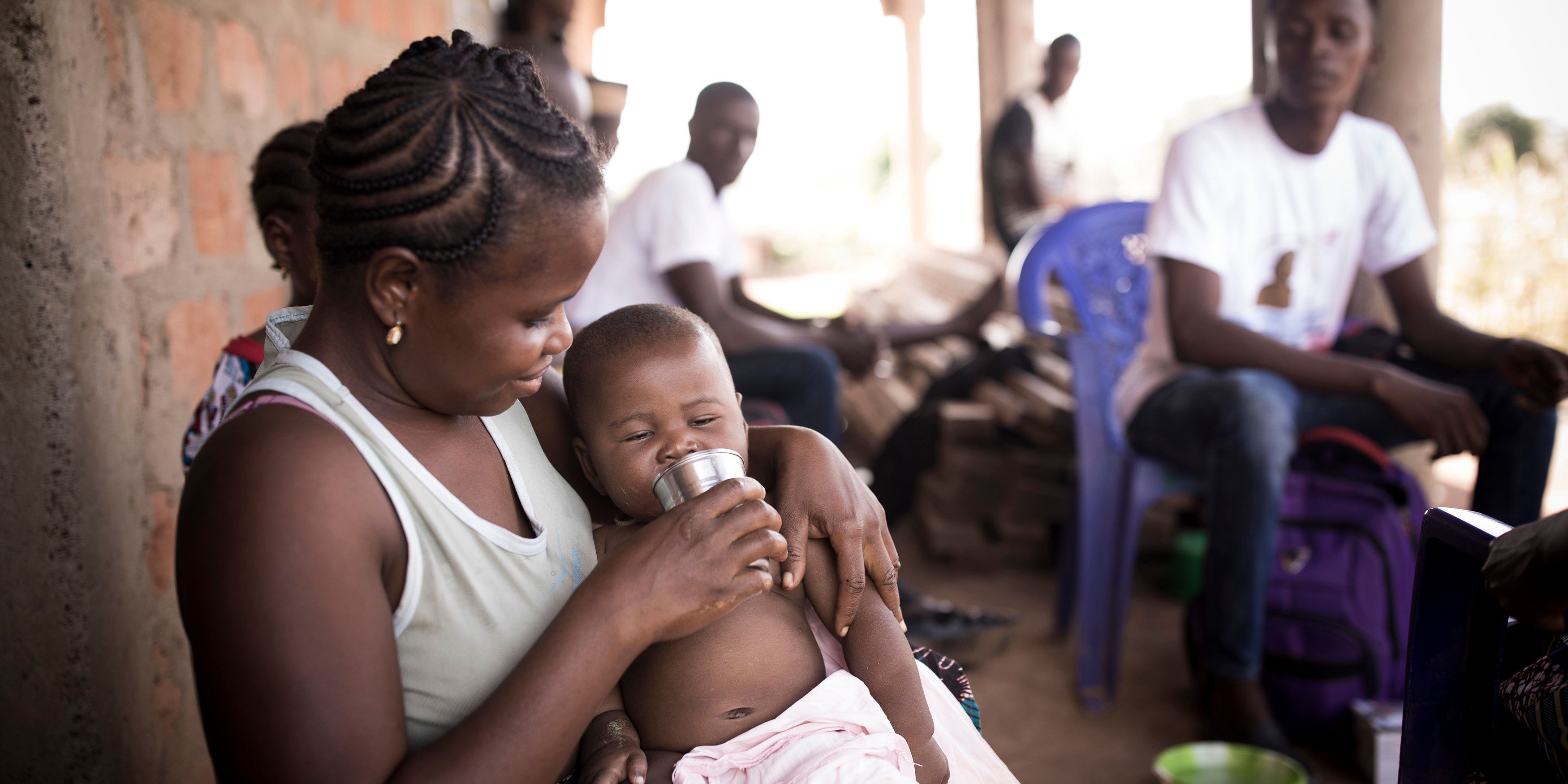Malaria is a potentially life-threatening disease caused by parasites that are transmitted to people through the bites of infected mosquitoes. It is a major public health problem in many tropical and subtropical countries, where it is a leading cause of illness and death.
Symptoms of malaria typically appear within 7-30 days of the mosquito bite. In some cases, the symptoms may not appear until several weeks or even months later. The most common symptoms of malaria include:
Fever: This is the most common symptom of malaria and is often accompanied by chills and sweating. The fever may be high and intermittent, coming and going in cycles.
Headache: A severe headache is often one of the first symptoms of malaria and can be accompanied by muscle aches, weakness, and fatigue.
Nausea and vomiting: These symptoms may be accompanied by a loss of appetite.
Diarrhea: This is a common symptom of malaria and can lead to dehydration if not treated promptly.
Anemia: Malaria can cause anemia, a condition in which there are not enough red blood cells in the body to carry oxygen to the tissues. This can lead to fatigue and shortness of breath.
Jaundice: This is a yellowing of the skin and whites of the eyes, which can be a sign of liver damage caused by malaria.
Seizures: In severe cases, malaria can cause seizures, particularly in children.
Malaria is diagnosed through a blood test that looks for the presence of the parasites that cause the disease. Treatment for malaria depends on the severity of the infection and the type of parasite causing the infection. In most cases, malaria is treated with medications called antimalarials, which can kill the parasites and help to control the symptoms. Some of the most commonly used antimalarials include:
Chloroquine: This drug has been used for many years to treat malaria and is usually effective against the most common type of malaria parasite, Plasmodium falciparum. It is usually given as a pill that is taken once a week.
Artemisinin-based combination therapies (ACTs): These drugs are a combination of two or more medications that work together to kill the malaria parasites. They are considered the most effective treatment for malaria and are often used in areas where the disease is resistant to other antimalarials.
Proguanil: This drug is often used in combination with chloroquine to treat malaria. It is usually taken as a daily pill.
Mefloquine: This drug is used to treat malaria that is resistant to other antimalarials. It is usually taken as a weekly pill.
In addition to antimalarial medications, it is important for people with malaria to receive supportive care to help control the symptoms and prevent complications. This may include medications to reduce fever and pain, fluids to prevent dehydration, and blood transfusions if necessary.
It is important to seek medical attention as soon as possible if you develop symptoms of malaria, as the disease can progress rapidly and can be life-threatening if not treated promptly. To prevent malaria, it is important to use insect repellent and sleep under mosquito nets when traveling to areas where the disease is prevalent. It is also recommended to take prophylactic antimalarial medications if advised by a healthcare provider.
In conclusion, malaria is a potentially life-threatening disease caused by parasites transmitted through the bites of infected mosquitoes. The most common symptoms include fever, headache, nausea and vomiting, diarrhea, anemia, jaundice, and seizures.

 Home
Home Health
Health Diet & Nutrition
Diet & Nutrition Living Well
Living Well More
More












